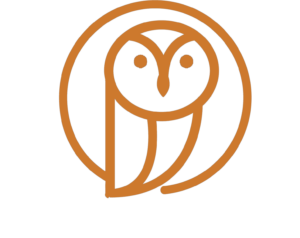The aim of the course is the critical investigation of some basic aspects of Greco-Roman antiquity and its influence on modern and contemporary Europe. The course begins with a study of the construction of Greco-Roman antiquity and the multi-layered relations and conflicts between Greeks and Romans. In this context, important parameters of the Greco-Roman world will be examined, such as the political and cultural relations between Greeks and Romans, their literary contacts and the religious environment of the period. The influence on modern Europe of key institutions of Greco-Roman political and cultural life, such as Roman law, Christianity, the survival of the concept of Rome in the Holy Roman Empire and the Eastern Roman Empire, will then be examined. The course will also analyse the discovery of Greco-Roman antiquity by European travellers from the Renaissance to the 19th century and the reception in modern and contemporary Europe of democracy and the constitutional institutions of antiquity. Based on the above, students will be able to reflect critically and put into context the widespread view that European civilisation is based on three pillars: ancient Greek thought, Roman law and Christianity.
More specifically, upon completion of the course, students will be able to:
– Understand the complexity of the phenomenon called Greco-Roman antiquity.
– Identify the mechanisms of the reception of Greco-Roman antiquity in the political and cultural life of modern Europe.
– Interpret the ways in which the reception of Greco-Roman antiquity depends on its constantly changing historical context.
– cultivate critical thinking about the Greco-Roman roots of European identities.
– reflect critically on the phenomenon of the influence of Greco-Roman antiquity on modern times.
– To become familiar with the basic bibliographical tools relevant to the subject matter of the course.


